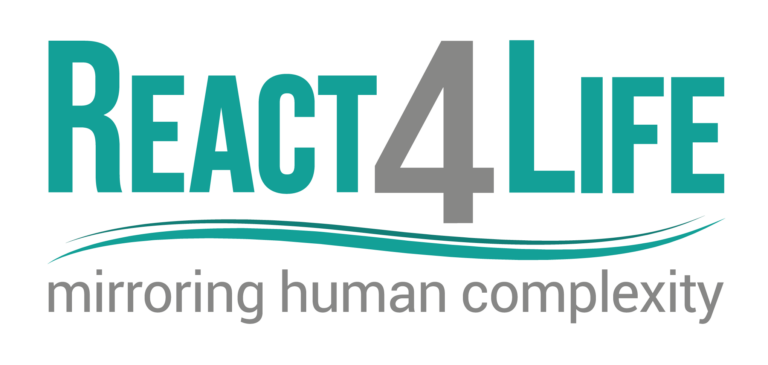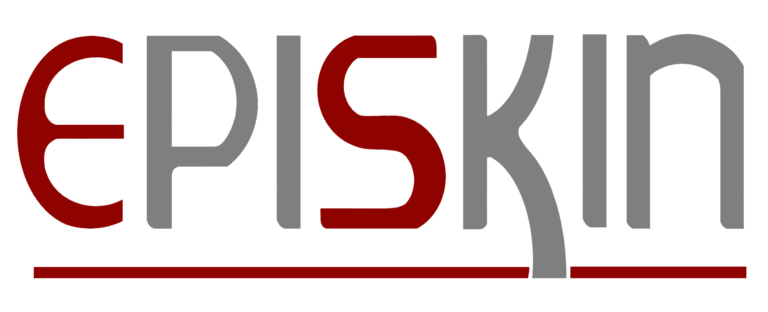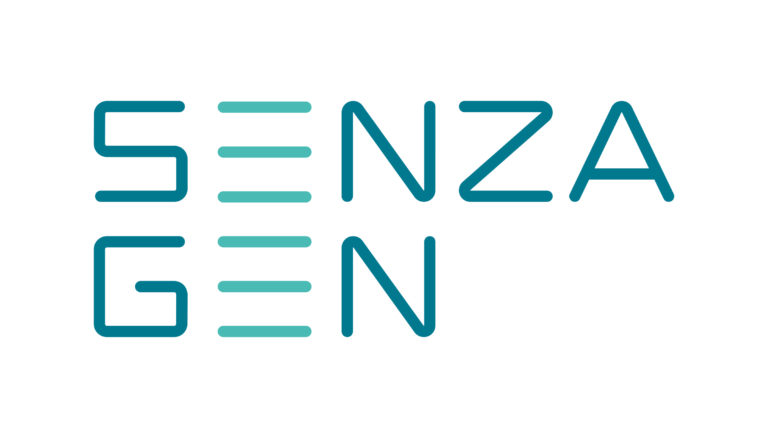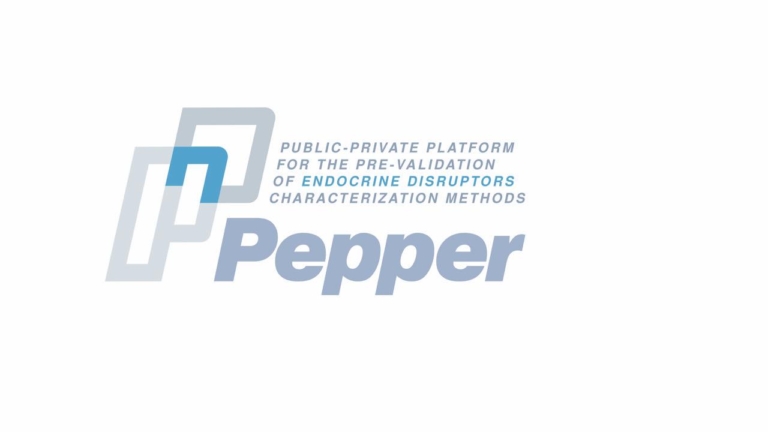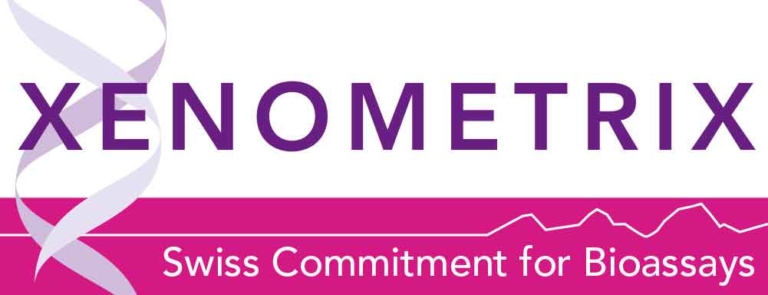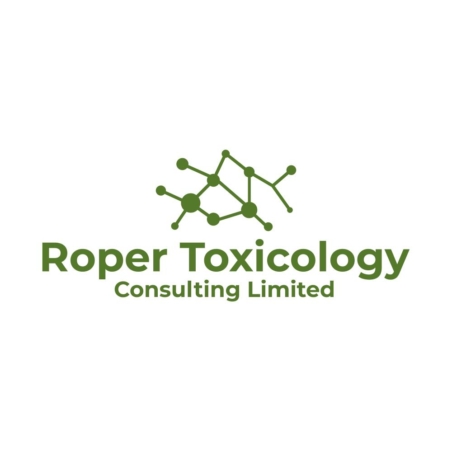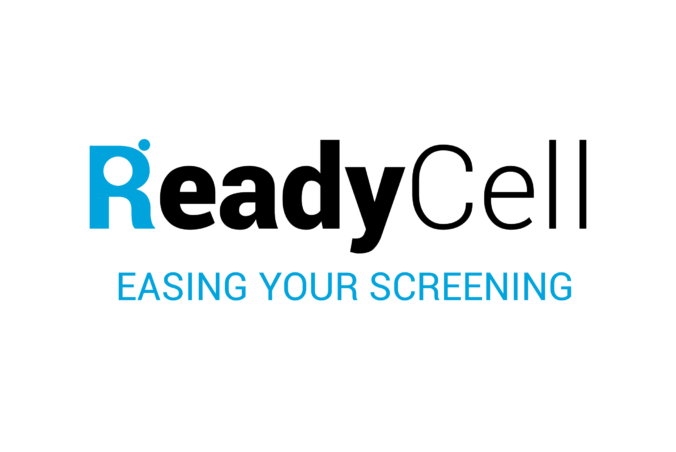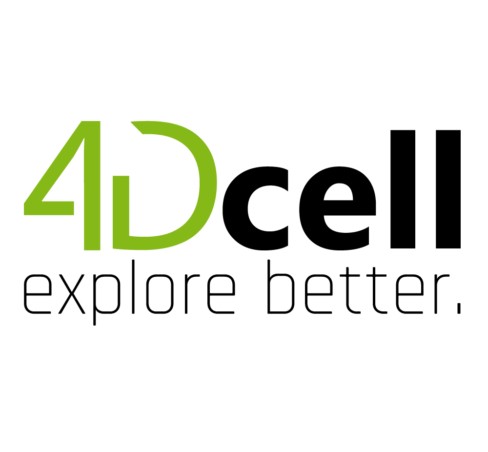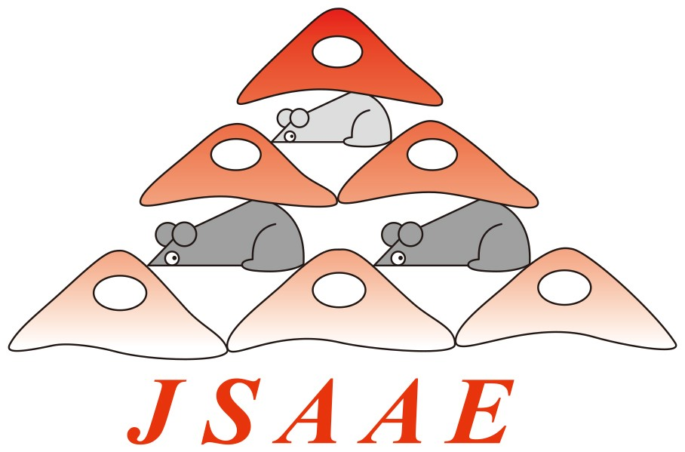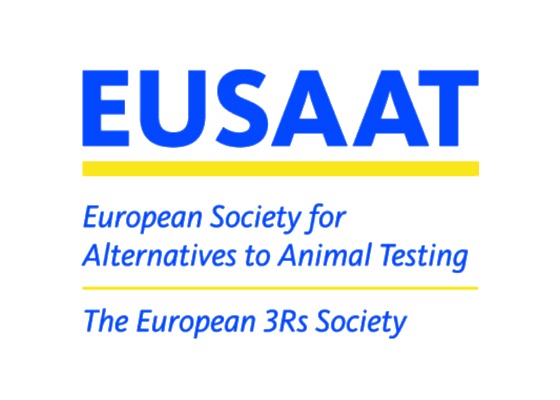The Editorial team of the special issue ESTIV 2022: Key enabling non-animal technologies for research, education and testing – Drs. Helena Kandarova, Clive Roper, and Marketa Dvořáková – are happy to share that all papers submitted in relation to the ESTIV 2022 Congress in Barcelona have been published in Toxicology in Vitro, as a Virtual Special Issue. The editorial presents briefly the eight papers and also highlights the key elements of the congress. The excerpt from the Editorial is posted below, and the full paper is available at the following link: https://www.sciencedirect.com/science/article/abs/pii/S0887233324000092
The 21st International Congress of the European Society of Toxicology In Vitro (ESTIV 2022), held in Barcelona-Sitges, Spain, from November 21 to 25, 2022, marked a pivotal juncture in the field of in vitro toxicology. Initially scheduled for 2020, the congress was postponed due to global health concerns and travel restrictions. This delay
resulted in an unprecedented volume of abstract submissions and, for the first time in ESTIV’s history, the organization of parallel scientific sessions. These sessions enabled the inclusion of several emergent topics, such as the application of in vitro and in silico methodologies in COVID-19 research, advancements in organ-on-a-chip and microphysiological systems, and developmental neurotoxicity (DNT) research.
The congress commenced with a pre-congress workshop titled “Bridging Methods in the Biosciences (BeAMS)”, which concentrated on the opportunities afforded by COVID-19 research and was conducted in collaboration with the Joint Research Centre (JRC). The scientific program comprised 15 focused sessions, alongside lunch sessions facilitated by ILSI/ESTIV and JSAASE, and a post-congress workshop led by EPISKIN Academy. Concurrently, the ASPIS annual cluster meeting, open to the public, presented the latest research from three Horizon 2020 consortia – ONTOX, PrecisionTOX, and RISKHUNT3R – all centred on New Approach Methodologies.
Overall, the ESTIV2022 conference gathered 633 participants originating from 53 countries with an academic, industrial, or regulatory background. Besides the science, the program included some social activities, allowing conference attendees to meet their colleagues in a more relaxed atmosphere. During the opening ceremony of the conference, the ESTIV Early Career Award was granted to Dr. Timothy Allen in recognition of his outstanding and significant contribution to the field of in vitro and/or in silico toxicology. The Bjorn Ekwall Memorial Award was given by Prof. Stina Oredsson (BEMF President) to Dr. Helena Kandarova, ERT, ESTIV President, for her significant contribution to the development and validation of several alternative methods.
Furthermore, ESTIV announced the signature of a memorandum of understanding with the European Society for Alternatives to Animal Testing (EUSAAT). This collaboration aims to strengthen joint efforts of both societies in enhancing the domains of in vitro and in silico toxicology, as well as the broader application of the 3Rs principles. Several awards for the best poster and oral presentations were given during the closing ceremony, including the ESTIV 2022 Best Poster Award to Erika Ferrari
and ESTIV 2022 Best Oral Presentation to Dr. Yanying Ma. The Special Recognition Certificate was presented to Prof. Bas Blaauboer, for long-lasting support of ESTIV activities. At the general assembly of ESTIV, the society bestowed honorary memberships upon two of its former Presidents, Prof. Mathieu Vinken and Prof. Greet Schoeters, in recognition of their contributions.
The scientific programme committee played a crucial role in ensuring the program’s high scientific quality and diversity. The congress provided a vital platform for interaction and knowledge exchange among a wide spectrum of participants, including junior and senior researchers, students, and toxicologists from various sectors.
Attracting over 600 scientists, the congress was instrumental in promoting networking among researchers involved in the development and application of in vitro and in silico techniques.
In summary, ESTIV 2022 was a key platform for sharing advancements and promoting collaboration in the rapidly evolving field of in vitro and in silico toxicology. This special issue of ESTIV 2022 offers a glimpse into the breadth of research presented at the congress, highlighting the significant strides made in this topic. The special issue ESTIV 2022 brings a sample of the research presented at the meeting.
The ESTIV board expresses its gratitude to Elsevier and the journal Toxicology in Vitro for their role in publishing the ESTIV2022 conference proceedings. Additionally, the guest editors thank all contributors, especially the reviewers, for their thorough and outstanding reviews of the papers. The board also extends a heartfelt thank you to everyone who attended, playing a pivotal role in the success of the ESTIV2022 conference. This success was further bolstered by the dedicated and professional efforts of our PCO, Klinkhamer Group.
Looking ahead, the 23rd International Congress on In Vitro Toxicology (ESTIV2024) is scheduled to be held from June 3 to 6, 2024, in Prague, Czech Republic.
The congress organization would not be possible without our sponsors and supporters (see below list of sponsors and exhibitors in alphabetical order) to whom we express our sincere thanks.
acCELLerate, Alternatives Research & Development Foundation (ARDF), Altertox – Precisiontox, AlveoliX, ASSCT, Bio Ivt, BioDetection Systems, BioTechne, CEFIC, CelVivo, Cosmetics Europe, CREATIO – University of Barcelona, Cytes Biotechnologies, DNTOX, EPISKIN, Epithelix, European Commission JRC (EURL ECVAM), Foresee Biosystems, Humane Society of the United States, ILSI Europe, ImmuONE, inSCREENex, Invitrolize, Jai Research Foundation, JSAAE, LUSH Prize, MatTek In Vitro Life Science Labaratories, Merck Healthcare, ONTOX, PHIO Scientific, PKDerm, PrediTox, Primacyt Cell Culture Technology, ProtoQSAR, REGENHU, SABEU, SenzaGen, STEMCELL Technologies, Ten Bio, TissUse, Toxys , Universitat de Barcelona, VITROCELL Systems, LABORATOIRE WATCHFROG
PAPERS PUBLISHED IN THE VSI ESTIV 2022:
- Parallel evaluation of alternative skin barrier models and excised human skin for dermal absorption studies in vitro
Alec T. Salminen, Kelly J. Davis, Robert P. Felton, Nathania Nischal, … Luísa Camacho, September 2023, View PDF - Inhibitors of SARS-CoV-2 main protease: Biological efficacy and toxicity aspects
Jana Viskupicova, Petronela Rezbarikova, Lucia Kovacikova, Helena Kandarova, Magdalena Majekova, October 2023, View PDF - Cell cycle and enzymatic activity alterations induced by ROS production in human neuroblastoma cells SH-SY5Y exposed to Fumonisin B1, Ochratoxin A and their combination
Raquel Penalva-Olcina, Cristina Juan, Mónica Fernández-Franzón, Ana Juan-García, December 2023, View PDF - In silico and in vitro evaluation of a safety profile of a cosmetic ingredient: 4-methoxychalcone (4-MC)
Agnieszka Gunia-Krzyżak, Justyna Popiół, Karolina Słoczyńska, Dorota Żelaszczyk, … Elżbieta Pękala, December 2023, View PDF - Salmonella mutant strains resistant to herbicides – Acetohydroxyacid synthase inhibitors and their use at the Ames test
Olga V. Egorova, Nataliya E. Suzina, Nataliya A. Ilyushina, December 2023, View PDF - MLtox, online phototoxicity prediction webpage
Matej Halinkovič, Kateřina Mušková, Tibor Sloboda, Marek Lepáček, … Marta Šoltésová Prnová, February 2024, View PDF - A battery of in silico models application for pesticides exerting reproductive health effects: Assessment of performance and prioritization of mechanistic studies
Serhii Kolesnyk, Mykola Prodanchuk, Petro Zhminko, Yana Kolianchuk, … Martin Smieško, December 2023, View PDF - Synthesis of homogeneous spherical selenium nanoparticles through a chemical method for cancer therapy applications
E.I. Adam-Dima, M. Balas, M. Anastasescu, C. Purdel, D. Margină, March 2024, Wiew PDF
 The ESTIV Members Area
The ESTIV Members Area